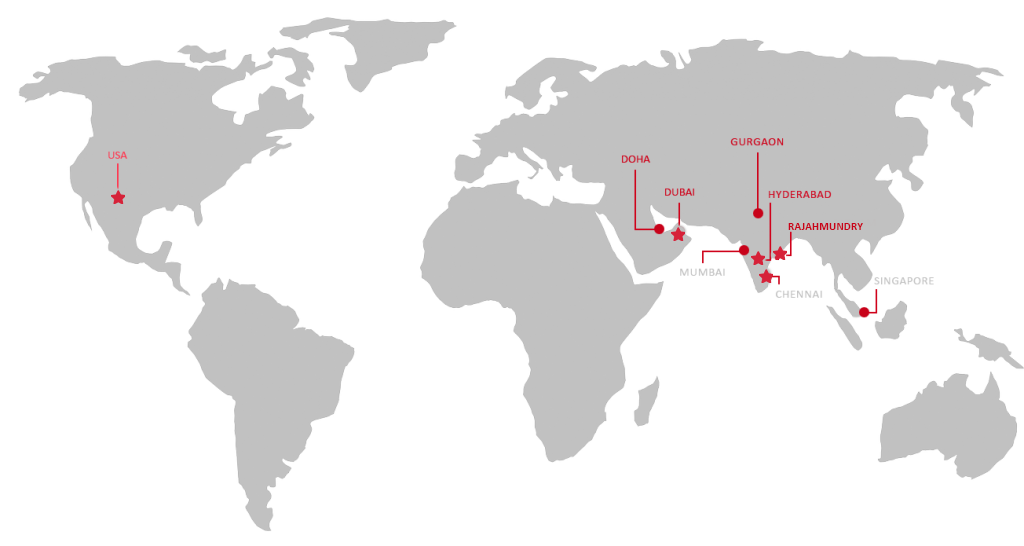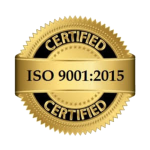In the ever-evolving landscape of IT infrastructure, managing operating systems efficiently is no small feat. With diverse systems running across hybrid and multi-cloud environments, businesses often grapple with keeping their environments secure, compliant, and optimized. Enter Oracle OS Management Hub—a game-changer that provides a unified, automated platform for managing and monitoring operating systems at scale. Whether it’s streamlining patch management, ensuring configuration consistency, or enhancing operational efficiency, Oracle OS Management Hub empowers IT teams to manage their ecosystems effortlessly, taking complexity out of the equation.
In this blog, we dive deep into the key features and architecture that make Oracle OS Management Hub the go-to solution for organizations looking to tame their multi-OS environments. From automated patching to robust resource provisioning, Oracle OS Management Hub equips businesses with the tools to meet today’s demands of scalability, security, and compliance. Stay tuned as we explore how this solution transforms the way operating systems are managed, ensuring a seamless and secure infrastructure.
Overview of Oracle OS Management Hub
Oracle OS Management Hub is a managed service where managing and monitoring of operating systems for enterprises is simplified at scale – be it on-premises, Oracle Cloud Infrastructure (OCI), or third-party cloud providers. It has a centralized management console to monitor and manage these updates within your cloud environment.
Moreover, OS Management Hub entirely monitors available Oracle Linux and Microsoft Windows Server environments at scale, helping the enterprises to gain control of updates with a single pane of glass view.
Overcome the complexities of visualizing your managed systems as this Oracle service assesses your entire environment in one go. It allows you to focus on valuable activities rather than mundane maintenance. Even your most critical workloads are well-balanced as updates are quickly implemented. The main aim here is to minimize errors, boost operational efficiency, and manage OS systems at scale.
During the non-business hours or may be at a few scenarios, there may be shutting down the apps and again restarting them when needed. This consumes a lot of time. The integration of Ksplice in OS Management Hub reduces the time taken to shutting down and restarting the applications along with applying the security updates on Oracle Linux with no reboot, helping enterprises with minimum application disruptions.
Key Aspects of OS Management Hub
- Slash the IT Administration: The updates of available Oracle Linux and Microsoft Windows server are applied at scale with the help of OS management hub. Your enterprise can gain control over the updates for your entire OS environment, making your teams efficient.
- High Security Posture: Oracle Linux provides systematically curated and vetted updates that encompass robustness, reliability, and security for full stack of Oracle apps and your applications as well. Oracle OS Management Hub drives easy automation updates across your environment instead of running manual scripts.
- Customizability of System Management: The update lifecycles can be controlled and customized by sticking to your own policies and schedules, allowing enterprises to deploy updates through controlled stages.
- Ultimate INFOLOB Expertise: OS Management Hub comes under managed service that requires 24/7 support, all-time high availability, and greater reliability. INFOLOB experts involve here to take care of your infrastructure, allowing you to focus on administering your systems.
Architecture
OS Management Hub is the next generation management solution for operating system environments. OS Management Hub is delivered as an Oracle Cloud Infrastructure service to expand capabilities and reduce complexity. The service supports managing instances in Oracle Cloud Infrastructure (OCI), private data centers, and supported third-party clouds.

Benefits of OCI OS Management HUB
The OCI OS Management Hub (Oracle Cloud Infrastructure OS Management) is a comprehensive service designed to simplify and automate the management of operating systems (OS) across Oracle Cloud Infrastructure (OCI) environments. Here’s a brief overview of its key features and capabilities:
- Centralized Management: OS Management Hub provides a centralized platform to manage OS configurations, patches, and updates across multiple OCI tenancies and regions from a single console.
- Automated Patching: It automates the process of applying patches and updates to OCI instances (both Linux and Windows), ensuring that systems are up to date with the latest security fixes and enhancements.
- Configuration Management: Allows for the management and enforcement of OS configurations and compliance policies across your OCI estate, helping to maintain consistency and security across all instances.
- Compliance Monitoring: Provides tools to monitor and enforce compliance with organizational policies and regulatory requirements, ensuring that instances adhere to specified configurations and security standards.
- Integration with OCI Services: Integrates seamlessly with other OCI services such as Compute, Networking, Identity and Access Management (IAM), and Monitoring, leveraging their capabilities to enhance OS management and operational efficiency.
- Customizable Policies: Enables administrators to define and customize policies for patching schedules, configuration settings, and compliance checks based on organizational needs and security requirements.
- Reporting and Auditing: Generates reports and logs related to patching activities, compliance status, and configuration changes, facilitating auditing, troubleshooting, and governance.
- Lifecycle Management: Supports the lifecycle management of OCI instances, including provisioning, updating, scaling, and decommissioning, ensuring efficient resource management and optimization.
- Secure Communication: Ensures secure communication between OS Management Hub and managed instances through secure protocols and authentication mechanisms.
Overall, OCI OS Management Hub enhances operational efficiency, improves security posture, and simplifies the management of OCI instances by automating routine tasks and providing centralized control and visibility over OS configurations and updates. It is particularly beneficial for organizations looking to streamline IT operations and maintain compliance in their cloud environments hosted on Oracle Cloud Infrastructure.
Supported OS Versions
OCI instances
- Oracle Linux 6, 7, 8, or 9
- Windows Server 2016, 2019, or 2022 Standard, Datacenter
- Oracle Autonomous Linux 7 or 8 (managed by the Autonomous Linux service which uses OS Management Hub for automated patching)
On-premises or third-party cloud instances
- Oracle Linux 7, 8, or 9
Supported third-party clouds
OS Management Hub can manage Oracle Linux instances in the following third-party clouds:
- Amazon Web Services (AWS)
- Microsoft Azure
Prerequisites
Before you begin, ensure you have:
- An Oracle Cloud Infrastructure account with appropriate permissions to manage resources.
- Access to the OCI Console and necessary network connectivity.
- Understand the networking setup (VCN, subnets) where your OCI instances reside.
Setting Up OCI OS Management Hub:
- Enable OS Management HUB Service.
- Create an OS Management Group
- Set Up OS Management Credentials
- Define OS Management Policies
- Register Instances with OS Management
- Monitor and Manage Instances
Additional Considerations
- Networking: Ensure that the necessary network configurations (security lists, NSGs, etc.) allow communication between OS Management Hub and managed instances.
- Integration: OS Management Hub integrates with other OCI services such as IAM, Compute, and Monitoring, enhancing its capabilities and providing a unified management experience.
Oracle OS Management Hub is a transformative approach to manage the complexities of modern IT infrastructures. Its ability to unify diverse operating systems, automate essential tasks like patching and provisioning, and maintain compliance standards positions it as an indispensable tool for businesses striving to stay agile and secure in a fast-paced digital environment. By simplifying the management of both on-premises and cloud-based systems, Oracle OS Management Hub ensures organizations can focus on innovation rather than operational headaches.
As businesses continue to scale and diversify, adopting a solution like Oracle OS Management Hub led by APAC Winner in Solution Innovation, Business Insights – INFOLOB, becomes not just a choice but a necessity. It empowers IT teams to take control of their environments, optimize resources, and ultimately, drive operational excellence. The future of OS management is here, and it’s streamlined, secure, and built for the multicloud world where today’s accelerated INFOLOB’s cloud managed services bring the futuristic transformation within enterprises at scale.
For all queries, please write to:





